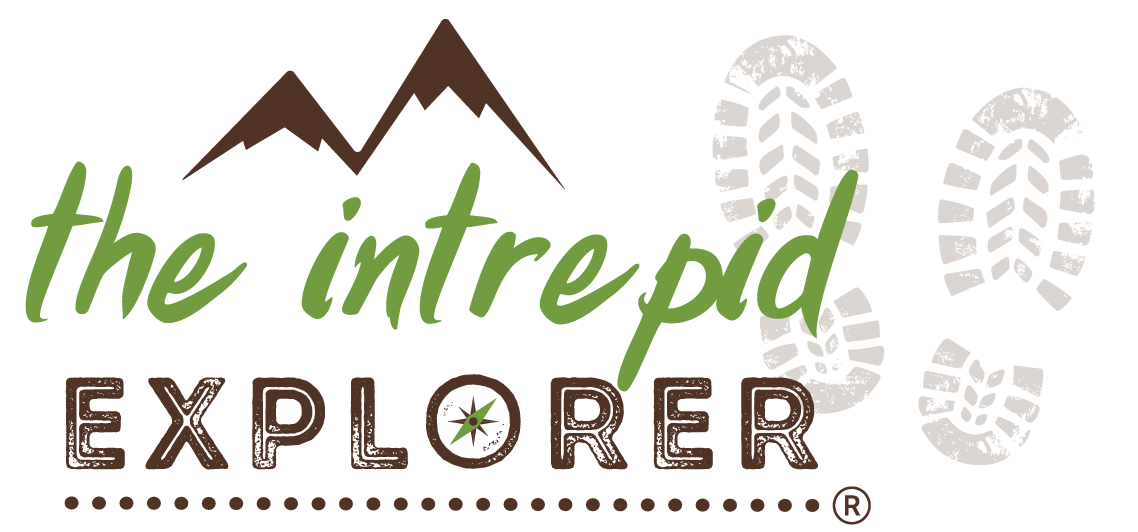5 simple ways to save water when camping or overlanding
Your next adventure is around the corner, hooray! Being the eco-warrior that you are, minimising your water usage is at the top of your list. Here are some simple, efficient ways that you can reduce your water usage while camping, or overlanding.
1- Simple Shower Savings
Less showers. Sounds disgusting, right? Well, it doesn’t have to be. Showering less doesn’t have to mean that you need to be less hygienic. For example, instead of showering every morning, opt for a quick wash with a cloth over the basin every second day. You’ll be surprised by how much water you can save this way.
You can also make sure that you don’t necessarily always have the need to shower. This meaning, that should you want to head out for a hike or any other, more strenuous activity, be sure to do so early in the mornings, or later in the afternoons, when temperatures are cooler, to ensure that you keep your sweating to a minimum. Should things still get a little stinky, keep bio-degradable wet wipes handy. You’ll be smelling fresh again in no-time!
2- Terrific Teeth Tricks
You are obviously going to keep up this very important habit! But, by simply not wetting your toothbrush before you brush your teeth, and only quickly rinsing it afterwards, you will definitely make a dent in your water usage. The waterless toothpaste sensation does take some getting used to, but it doesn’t affect the cleanliness of your teeth.
3- Head to toe: The way to go
When washing your body, making use of many different products can lead to an increased usage of water. This is simply because rinsing each product off at different stages calls for new water every time. When using our Powdered Hair and Body Wash, this is no longer the case. All you need to do is:
– Put a small amount of the hair and body wash on a loofah or face cloth
– Add a touch of water and watch it foam right up
– Wet your entire body once
– Lather every inch of your body with our wash
– Rinse it all off… once, and Bob’s your uncle!
Pretty nifty, don’t you think?
4- Dishes Done Diligently
First things, first. The less dirt you have on your dishes, the less water you need to clean them. Make use of bio-degradable paper towelling to remove excess food and oil from the dishes before placing them into the sink. Put in the plug, add soap to a sponge and let the tap run LIGHTLY while washing and rinsing the dishes speedily.
The soapy water will slowly fill the basin, soaking the remainder of the dishes as you go. This ensures that you don’t waste any water and every drop is used to clean and soak the dishes. Be sure to turn off the water once the basin is filled to a certain point, and to only turn it back on when rinsing the soap off the dishes.
5- Clever Cooking Checks
Starving is clearly not an option, but using less water is! Using canned foods to heat up is a very easy, waterless way to feed yourself. But that’s not your only option. If you’re in the mood for some cooked carbs or starches, maybe opt for quinoa or couscous rather than pasta for example, as these need far less water to cook. Bon Appetit!

